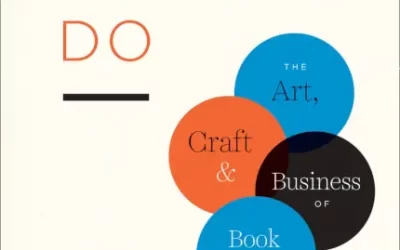Journal Indexing
Even if you’ve studied the steps for successful indexing and feel you’ve met all of the required criteria, the first-time success rate for acceptance in the major indexes is quite low. In fact, 60–80% of applicants are rejected on their first try. Having worked previously with clients on index reapplications, we’ve found the most common reasons for initial rejection include the following:
Editorial board uncertainty: There should be no ambiguity when it comes to the editorial board of a journal. This includes their role at large (such as specifically what role they play, when they may be utilized, etc.) as well as individual member information. Something as minute as missing affiliations for each board member can cause an application to be rejected. A lack of diversity among members, with regard to both gender and location, can trigger rejection as well.
Unclear ethics policy: Part of your journal’s documentation must be a well-defined ethics policy for authors. This is particularly pertinent in journals publishing studies where Institutional Review Board approval is required. Patient consent must be clearly and consistently stated across all articles.
Importance: Importance to the intended readership of the journal will be rated for all indexes. In one journal’s experience, they were rejected because they rated low on importance to clinicians in the field even though they were not targeting clinical readership. Make sure your target audience is clearly defined—do not assume the committee will know your journal’s specifics. Then make the case on why your journal is a critical need for that specific audience and why it should be included in the database.
Lack of original content: This point is of particular interest to newer journals that are still seeking to increase their submission numbers. Sometimes original articles may be supplemented with things such as in-house content or conference proceedings. It can be best to wait to apply for indexes once you are no longer overly reliant on commissioned authors or in-house content.
If you are declined, here are a few things to keep in mind for additional attempts:
- The expertise of who reviews your application will vary (i.e., medical journals may not necessarily be reviewed by committee members with medical expertise), which is why the above importance statement is critical. Also, your second review will likely not be done by the same people as the first review. Therefore, be sure to directly address the previous committee feedback but also assume fresh eyes will be judging it.
- If certain parties were not as involved in the first attempt (such as the editor-in-chief, editorial board, publisher, or journal staff), make sure they take a more hands-on approach with future revisions to get additional perspectives and input.
- Don’t rush the reapplication—take your time to ensure that all feedback points have been thoroughly addressed. Also take this time to review the submission criteria. Some indexes even impose a time embargo between attempts.
- Provide letters of support from prominent people in the journal’s field. This has proven to be an effective technique to establish the journal’s importance.
- Don’t necessarily take the committee’s decision as final. Oftentimes indexes will allow for a “collateral review,” whereby the application will be reviewed by experts who have expertise more closely related to the subject matter of the journal.
What have you learned from the process of getting your journal indexed? We’d love to hear from you. Please reach out to us for additional guidance and assistance on applying for indexes. We look forward to helping!
NOTE: Technica Editorial does not recommend one index over another and this is not an exhaustive list. All information is provided for educational purposes only. We recommend additional research on applicable indexes and would be happy to assist in doing so.




